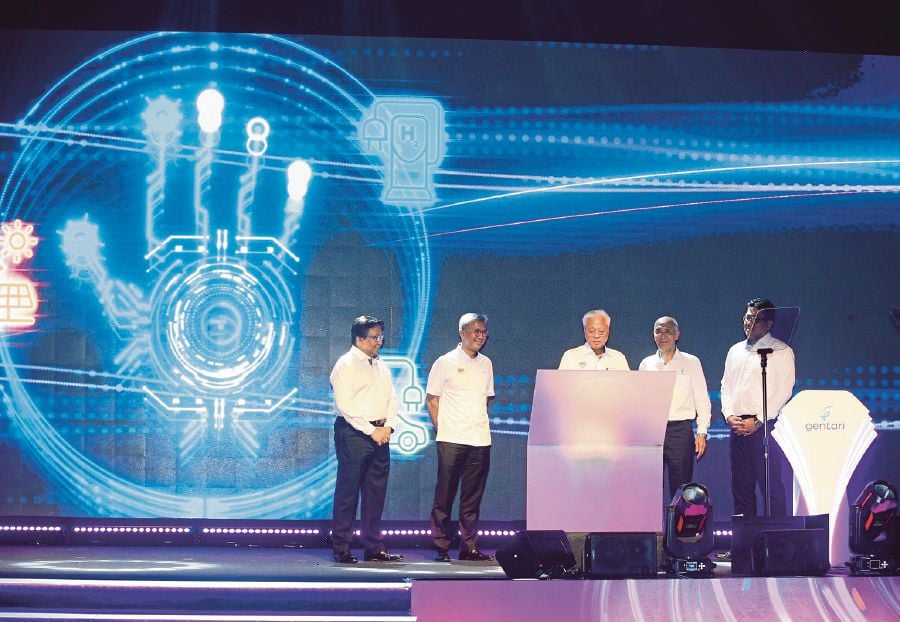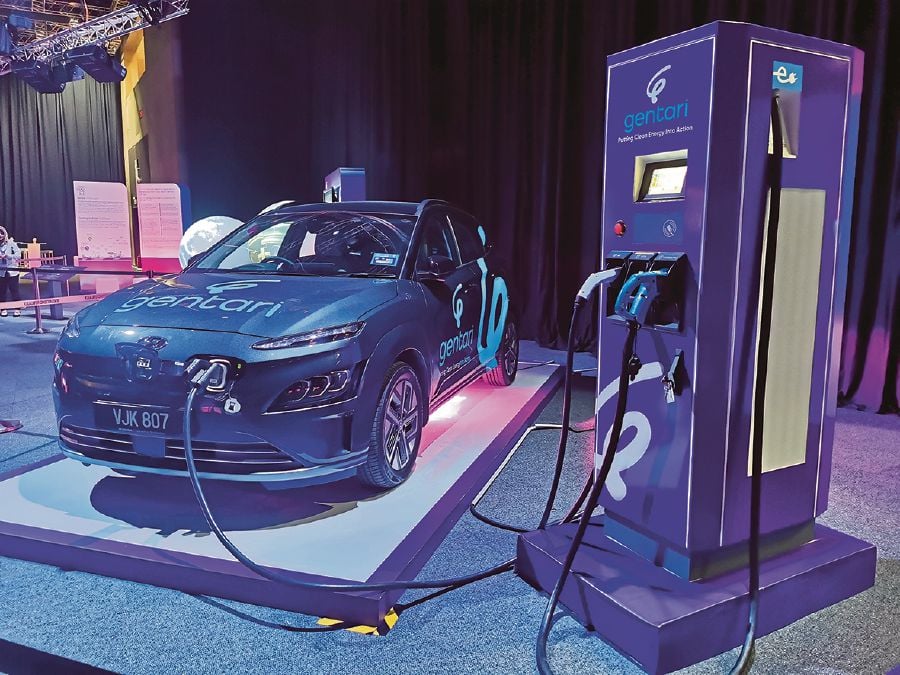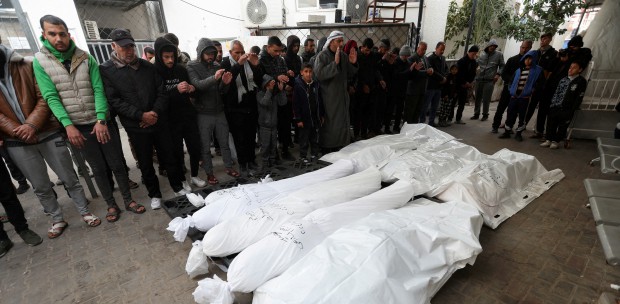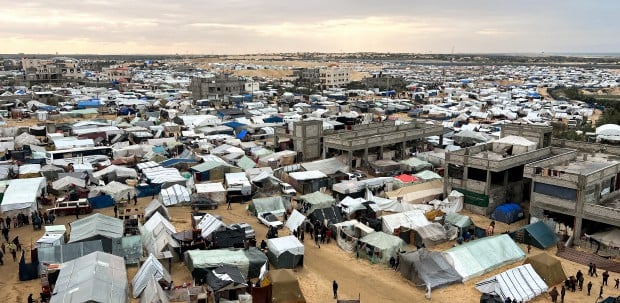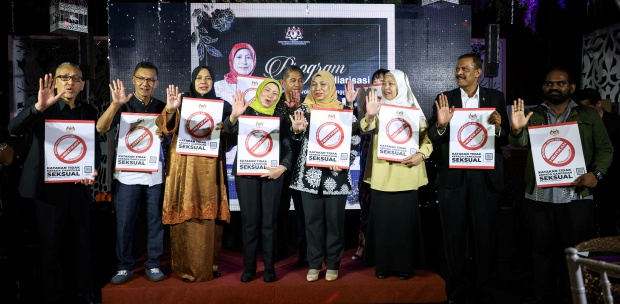GENTARI Sdn Bhd aims to deliver an estimated 25,000 public charging points across key markets in Asia Pacific by 2030.
The clean energy solutions provider, which is wholly owned by Petroliam Nasional Bhd (Petronas), has also set mid-term targets that include installing 9,000 public charging points by 2026 to anchor its presence in Malaysia and India.
The company has to date signed 12 memorandum of understanding (MoUs) with international partners for, among others, project development in Malaysia, India and the Middle East.
This covers initiatives such as development of green hydrogen projects, advocacy on policy and regulations to support the hydrogen industry, and studies on a low-carbon ammonia supply chain.
This is also in line with Gentari's mission to become a one-stop integrated clean energy solutions provider, beginning with a suite of renewable energy, hydrogen and green mobility solutions for commercial, industrial, and retail customers.
The company plans to build an overall renewable energy capacity of 30 to 40 gigawatts in key markets by 2030 through utility-scale projects across solar, onshore and offshore wind, and battery storage, targeting commercial, industrial, and retail customers.
It already has 1.1GWp of renewable energy capacity in operations and under development globally at present.
In the same timeframe, it targets to produce up to 1.2 millions tonne per annum of clean hydrogen by offering cost-competitive low carbon hydrogen solutions via a comprehensive global supply network for both export and domestic demand.
This segment will target industrial, power and transportation customers, particularly the early adopters.
Beside that, Gentari also offers Vehicle-as-a-Service (VaaS) solutions starting with light-duty electric vehicles (EVs), as well as value-added services such as digital platforms, data analytics and advertising.
Currently, it has already installed more than 190 charging points and delivered a mix of over 250 electric two-wheelers and three-wheelers as part of its green mobility fleet in India and Malaysia.
The company has achieved one million clean kilometres, equivalent to 83.4 tonnes of CO2 emissions reduction, in India through the VaaS offering.
Gentari chairman Datuk Tengku Muhammad Taufik Tengku Aziz said the company has been making steady progress in its efforts to supply lower carbon energy and help its customers both locally and beyond to reduce their carbon emissions since their initial introduction in June.
"This was delivered by providing affordable and accessible solutions and systems, enabled by scale of production and infrastructure.
"We also hope to significantly contribute towards national renewable energy goals as we work towards realising Gentari's aspirations by helping our local customers transition to cleaner energy sources," he added.
Gentari was officially launched at the Kuala Lumpur Convention Centre recently by Prime Minister Datuk Seri Ismail Sabri Yaakob.
The company plays a critical role in Petronas' decarbonisation efforts group-wide through an integrated model.
It recently signed an MoU with Petronas Refinery and Petrochemical Corporation Sdn Bhd to collaborate on introducing a zero-emission vehicle fleet supported by EV charging points, and exploring the potential for hydrogen fuel cell vehicles at the Pengerang Integrated Complex, which is one of the biggest integrated petrochemical facilities in the region.
Its recent efforts included the installation of Malaysia's largest single solar rooftop (7.4MWp) at Universiti Teknologi Petronas, with solar rooftop installations also currently underway at some 60 Petronas petrol stations.
A 4MWp rooftop solar installation has already been completed, while the commissioning of a 40MWp ground-mounted solar installation is underway in Pengerang.
While it secured support from Petronas during its current growth phase, Gentari will eventually operate as an independently managed entity and will seek financing opportunities to accelerate its growth in order to both meet existing demands and explore emerging energy technologies.


